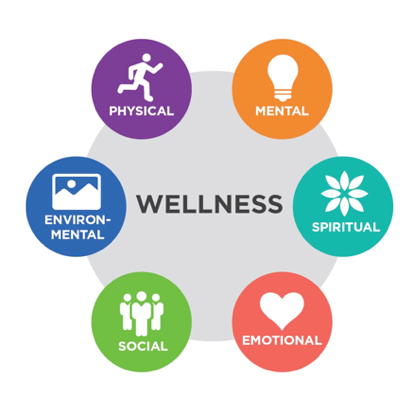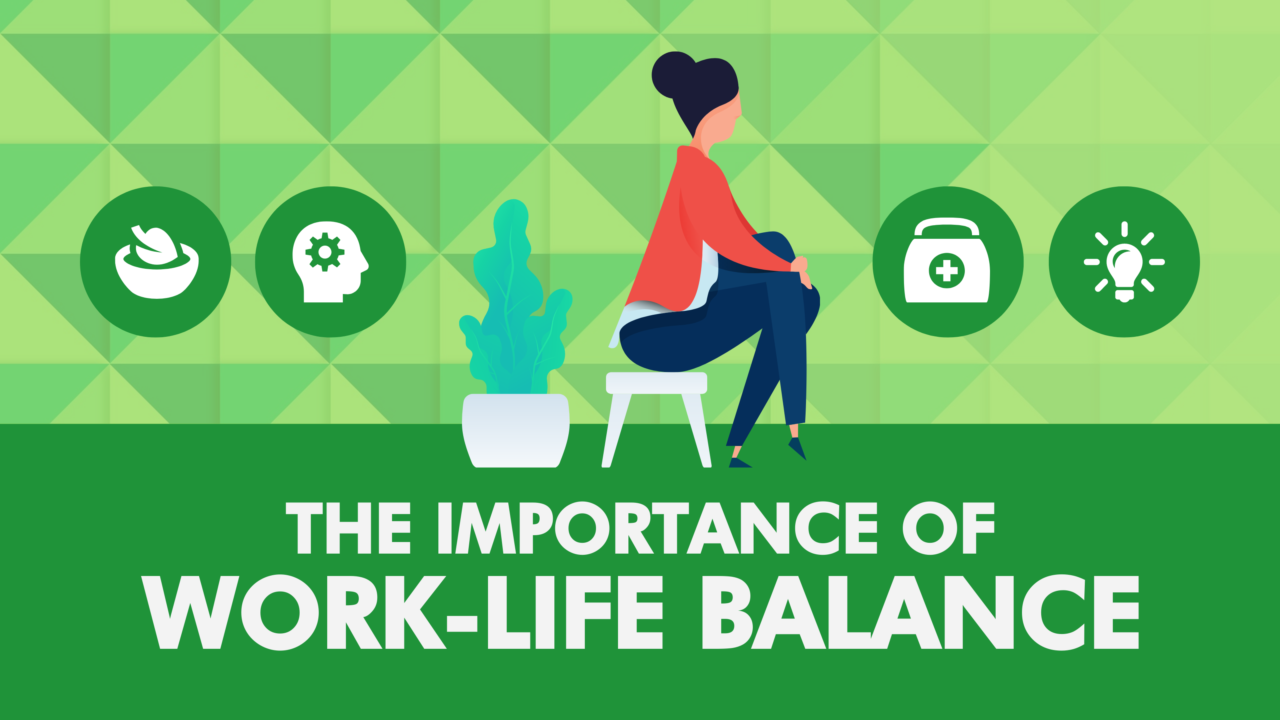Title: Embracing Health and Wellness: A Pathway to a Fulfilling Life

Introduction:
Health and wellness are fundamental aspects of our lives that directly contribute to our overall well-being and quality of life. In today's fast-paced world, where stress and unhealthy habits have become the norm, it is crucial to prioritize our physical, mental, and emotional well-being. By understanding and embracing the principles of health and wellness, we can pave the way for a fulfilling and balanced life.

Body:
Health and wellness encompass a holistic approach to self-care, encompassing various dimensions of our well-being. Physical health forms the foundation of overall well-being. Engaging in regular exercise, maintaining a balanced diet, and prioritizing sufficient sleep are vital components of a healthy lifestyle. Exercise not only strengthens our bodies but also releases endorphins, boosting our mood and reducing stress levels. A nutrient-rich diet provides essential fuel for our bodies, promoting vitality and resilience.
Mental and emotional well-being are equally important. Taking care of our mental health involves practicing mindfulness, managing stress, and seeking support when needed. Engaging in activities that bring joy and fulfillment, such as hobbies, creative outlets, or spending time in nature, can significantly contribute to our emotional well-being.
Furthermore, social connections play a pivotal role in health and wellness. Nurturing meaningful relationships, fostering a sense of belonging, and surrounding ourselves with positive influences contribute to our mental and emotional resilience. Human connection provides support, encouragement, and a sense of community, ultimately enhancing our overall well-being.

Physical Health:
Physical health forms the cornerstone of our overall well-being. Regular exercise, be it through cardiovascular activities, strength training, or flexibility exercises, strengthens our bodies, improves cardiovascular health, and boosts our immune system. Additionally, adopting a balanced and nutritious diet filled with whole foods, fruits, and vegetables provides our bodies with the essential nutrients they need for optimal functioning.
Mental and Emotional Well-being:
Nurturing our mental and emotional well-being is equally crucial. Engaging in stress-management techniques like meditation, deep breathing exercises, or journaling can help reduce stress levels and promote mental clarity. Building emotional resilience involves acknowledging and addressing our emotions, seeking support when needed, and cultivating positive coping mechanisms. Prioritizing self-care activities that bring us joy and fulfillment, such as reading, pursuing hobbies, or spending time in nature, allows us to recharge and maintain a healthy mental state.

Spiritual Wellness:
Spiritual wellness refers to connecting with our inner selves, finding meaning and purpose in life, and cultivating a sense of harmony and peace. This can be achieved through practices like meditation, mindfulness, or engaging in activities that align with our values and beliefs. Connecting with nature, practicing gratitude, or engaging in acts of kindness towards others can also foster a sense of spiritual well-being.

Mental and Emotional Well-being:
Caring for our mental and emotional well-being is essential for a balanced and fulfilling life. Practicing mindfulness and meditation allows us to cultivate present-moment awareness, reduce stress, and enhance mental clarity. It also fosters emotional resilience, enabling us to navigate life's challenges with greater ease. Seeking support from loved ones, engaging in therapy or counseling, and pursuing activities that bring us joy and fulfillment contribute to emotional well-being and a positive mindset.
:max_bytes(150000):strip_icc()/3145195-article-tips-to-reduce-stress-5a8c75818e1b6e0036533c47-922c3155e9c846eaa7447c75030b2c13.png)
Self-Care and Stress Management:
Self-care is a vital component of health and wellness. Engaging in activities that nourish and rejuvenate us, such as taking breaks, pursuing hobbies, or spending time in nature, replenishes our energy and reduces stress levels. Prioritizing self-care enables us to show up fully in our personal and professional lives, enhancing productivity and overall satisfaction.

Achieving Work-Life Balance:
Striving for a harmonious work-life balance is crucial for our well-being. Allocating time for family, leisure, and self-care activities allows us to recharge and maintain a sense of fulfillment. Setting boundaries, delegating tasks, and practicing effective time management are key to achieving this balance and preventing burnout.



